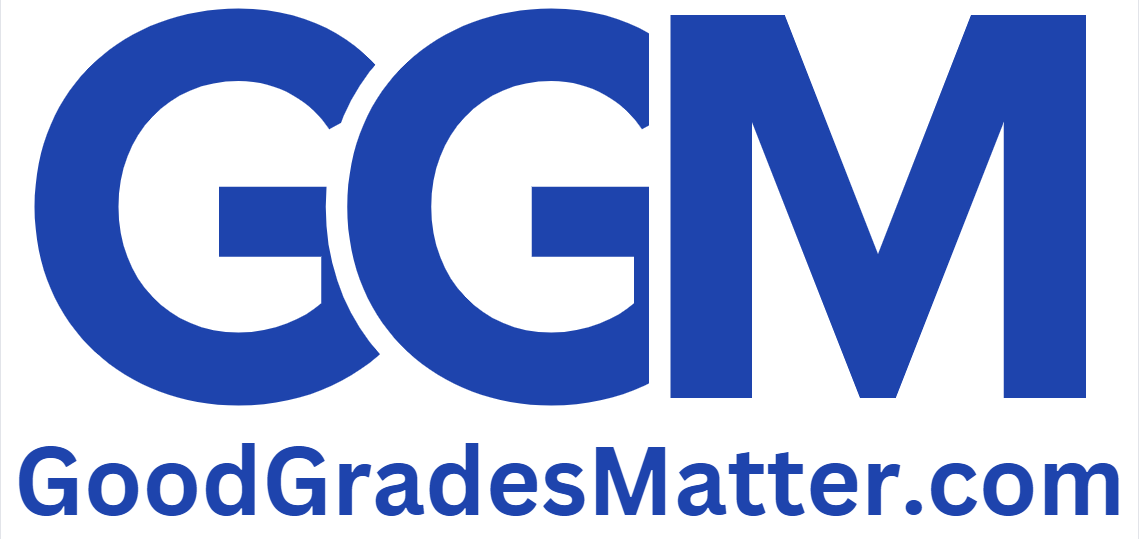“That old equipment for producing oil drums is worn out,” said Bill Seebach, president of Hondrich Company. “We need to make a decision quickly.” The company is trying to decide whether it should rent new equipment and continue to make its oil drums internally or whether it should discontinue production and purchase them from an outside supplier. The alternatives follow:
Alternative 1: Rent new equipment for producing the oil drums for $160,000 per year.
Alternative 2: Purchase oil drums from an outside supplier for $18.35 each.
Hondrich Company’s costs per unit of producing the oil drums internally (with the old equipment) are given below. These costs are based on a current activity level of 32,000 units per year:
| Direct materials | 5.60 |
| Direct labour | 7.00 |
| Variable overhead | 2.00 |
| Fixed overhead ($2.50 supervision, $1.80 depreciation, and $4.00 general company overhead) | 8.30 |
| Total cost per unit | 22.90 |
The new equipment would be more efficient and, according to the manufacturer, would reduce direct labour costs and variable overhead costs by 25%. Supervision cost ($80,000 per year) and direct materials cost per unit would not be affected by the new equipment. The new equipment’s capacity would be 50,000 oil drums per year.
The total general company overhead would be unaffected by this decision.
Required:
1. Seebach is unsure what the company should do and would like an analysis showing the unit costs and total costs for each of the two alternatives given above. Assume that 32,000 oil drums are needed each year.
a. What will be the total relevant cost of 32,000 subassemblies if they are manufactured internally as compared to being purchased?
b. What would be the per unit cost of the each subassembly manufactured internally? (Do not round intermediate calculations. Round your answer to 2 decimal places.)
c. Which course of action would you recommend to the president?
multiple choice 1
- Purchase from the outside supplier
- Indifferent between the two alternatives
- Manufacture internally
2. Seebach is unsure what the company should do and would like an analysis showing the unit costs and total costs for each of the two alternatives given above.
a-1. What will be the total relevant cost of 40,000 subassemblies if they are manufactured internally?
a-2. What would be the per unit cost of subassembly manufactured internally? (Do not round intermediate calculations. Round your answer to 2 decimal places.)
a-3. Which course of action would you recommend if 40,000 assemblies are needed each year?
multiple choice 2
- Purchase from the outside supplier
- Indifferent between the two alternatives
- Manufacture internally
b-1. What will be the total relevant cost of 50,000 subassemblies if they are manufactured internally?
b-2. What would be the per unit cost of subassembly manufactured internally? (Do not round intermediate calculations. Round your answer to 2 decimal places.)
b-3. Which course of action would you recommend if 50,000 assemblies are needed each year?
multiple choice 3
- Manufacture internally
- Indifferent between the two alternatives
- Purchase from the outside supplier
3. This part of the question is not part of your Connect assignment.
Solution
1-a & 1-b.
The $4.00 per unit general overhead cost is not relevant to the decision, since the total general company overhead cost will be the same regardless of whether the company decides to make or buy the oil drums. Also, the depreciation on the old equipment is not a relevant cost since it represents a sunk cost and the old equipment is worn out and must be replaced. The cost of supervision is relevant since this cost can be avoided by buying the oil drums.
| Differential Costs | Total Differential Costs | |||
| Per Unit | for 32,000 Units | |||
| Make | Buy | Make | Buy | |
| Outside supplier’s price | 18.35 | 587,200 | ||
| Direct materials | 5.6 | 179,200 | ||
| Direct labour ($7.00 × 0.75) | 5.25 | 168,000 | ||
| Variable overhead | ||||
| ($2.00 × 0.75) | 1.5 | 48,000 | ||
| Supervision | 2.5 | 80,000 | ||
| Equipment rental* | 5 | 160,000 | ||
| Total | 19.85 | 18.35 | 635,200 | 587,200 |
| Difference in favour of buying | $1.50 | $48,000 |
*$160,000 per year ÷ 32,000 units per year = $5.00 per unit
Please click on the Icon below to purchase the full answer at only $3




